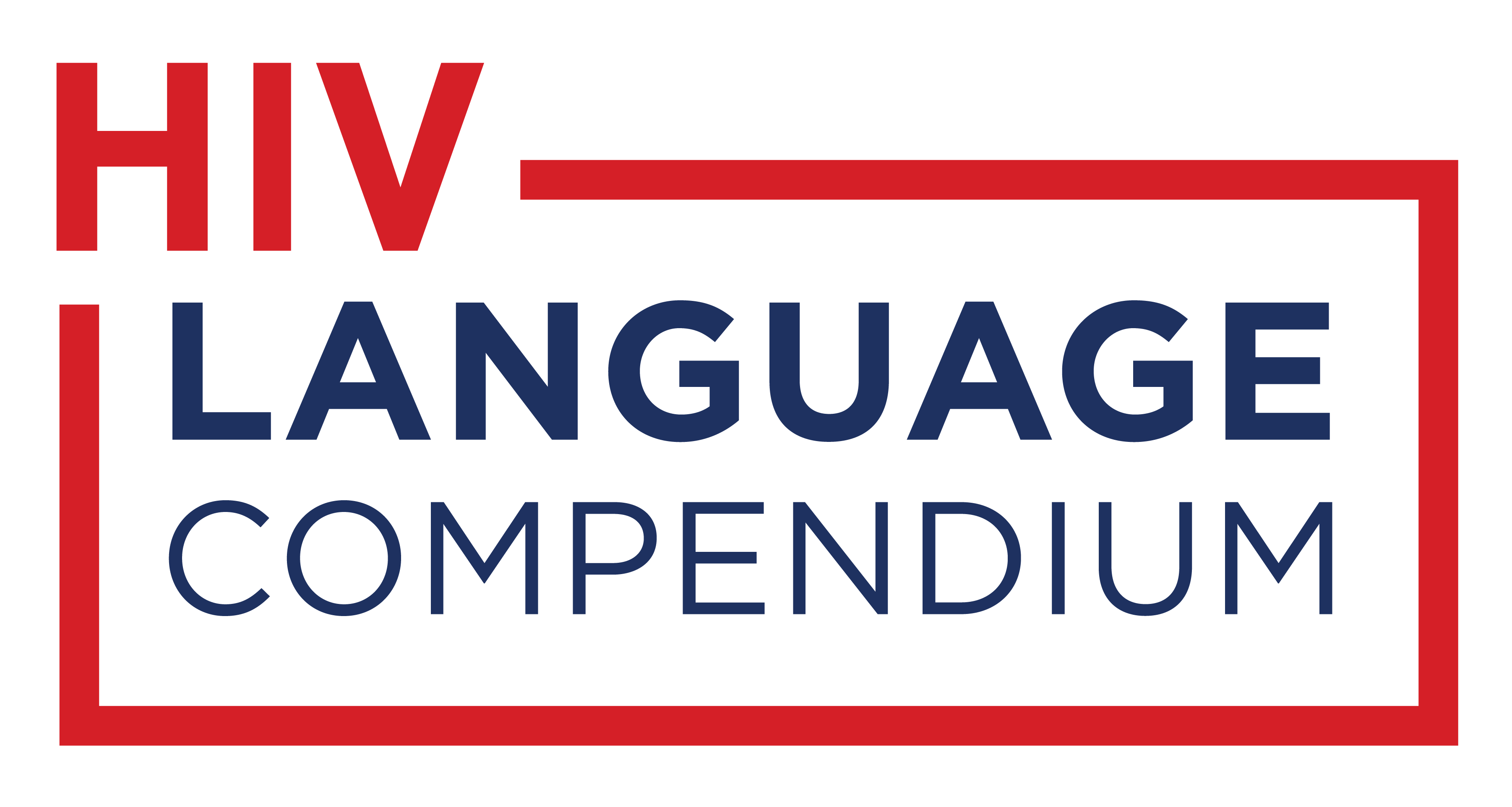About
Summary
The Language Compendium is designed to help advocates, policymakers, and other stakeholders navigate the language used in international agreements and UN reports and recommendations. Choosing words carefully is important in shaping policies that affect millions of lives, particularly in areas of sexual and reproductive health and rights. The Compendium provides guidance on key terms and phrases that have been agreed upon in UN meetings and other global forums, to help stakeholders expand upon those precedents and oppose language that seek to undermine existing human rights commitments. It aims to be a tool for anyone involved in multilateral negotiations or national policy work, offering insights into how language can protect or challenge fundamental rights.
Why Language Matters?
Choice of language Words can have serious consequences for millions of people. Depending on how they their are used in international agreements, language choices can be used to decide whose lives are important, whose health gets priority, and whose rights are respected. Over the years, better wording has helped improve human rights and health in a system that often ignores or justifies the mistreatment of people seen as different or problematic.
We need to protect the progress made in human rights, especially sexual and reproductive health rights, from being undone by language that supports patriarchy, heteronormativity, cisnormativity, racism, and ableism. This opposing language wrongly argues that respecting human rights goes against sovereignty, family life, religion, or tradition. Those pushing to change or challenge the established rights pretend to protect consensus by claiming that rights-supporting language is new and controversial. To defend and advance rights-based responses to HIV and related health issues, we must understand the key language used in international agreements and its agreed meaning. Language matters to the opponents of human rights. It needs to matter as much, if not more, to the proponents and defenders of human rights.
Who is this compendium for?
This Compendium is for all those seeking to advance and protect rights-affirming and evidence-based responses to the HIV epidemic and related sexual and reproductive health challenges. It is specifically designed to be a resource for those concerned with and involved in multilateral negotiations—whether they be at the center or on the sidelines. This includes diplomats, other government officials and international civil servants as well as civil society actors such as members of affected communities, advocates and academics. We also envision this Compendium being useful within national law and policy among those seeking to advance or advocate for the alignment of national laws, policies and practices with relevant global commitments. This audience encompasses various actors working at the national level such as parliamentarians, government officials, affected community members, civil society advocates and academics.
Construction and Development
This Compendium is founded on research and analysis of Member State agreement on the use of key language in meetings of the General Assembly and other UN organs and governance bodies as well as in the human rights system and the official publications of UN secretariats. These selections are categorized by topic (e.g., gender equality), source type (e.g., intergovernmental evidence), and utility (i.e., as evidence or precedent). This Compendium will be extended iteratively to encompass more key language, evidence, and opposition language. If you have comments or suggestions for the content of the next edition of this Compendium, please reach out to us at policylab@georgetown.edu.
